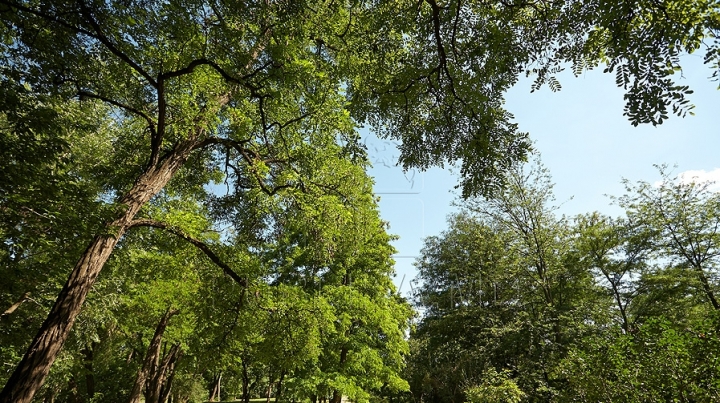EU to assist Moldova in using other sources of energy but forest wood

Many Moldovans use wood as their primary source of energy – much more than the country’s forests can supply. The EU-funded Forest Law Enforcement and Governance program (FLEG II) in cooperation with the State Forestry Enterprise (SFE) Telenesti are promoting a sustainable source of energy wood for the local population of Moldova.
This initiative aims to contribute to energy security and reduce the country’s high dependence on external energy sources and logging by offering ideas for developing non-timber forest activities, economic but nature-friendly energy projects and diversified nursery production.
Following Moldova’s launch of two additional pilot plantations, the SFE has organised several workshops for state forest owners, local public authorities and private agents. The preliminary results and thoughts were shared in the project guidebook and will be placed on the thematic website which will soon be launched.
Lessons learned from FLEG I, which revealed a huge domestic use of wood for energy, made FLEG II focus on promoting energy forestry that uses intensive silviculture methods as the main solution to the problem, by stimulating local initiatives to produce biomass from fast growing species.
The EUR 9 million FLEG II programme aims to improve forest law enforcement and governance in seven countries: Armenia, Azerbaijan, Belarus, Georgia, Moldova, Russia, and Ukraine, which are collectively home to more than 20% of the world's forests.
The program deepens reforms in forestry policy, and legal and administrative matters in the sector while carrying out pilot projects, and addressing forest fire and climate issues. It builds upon the achievements of its predecessor, the ENPI FLEG I program, according to EU Neighborhood Info Centre.
Business